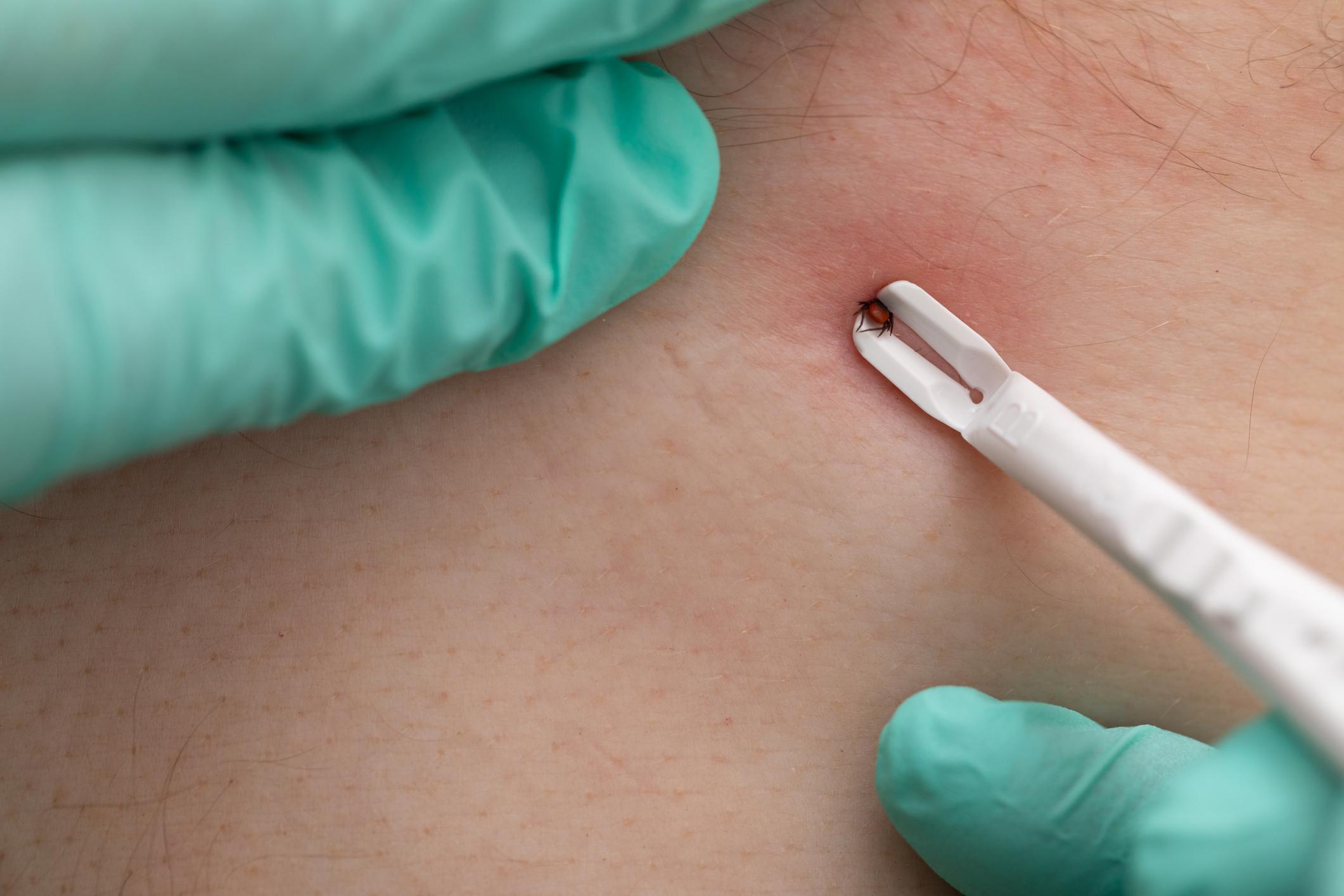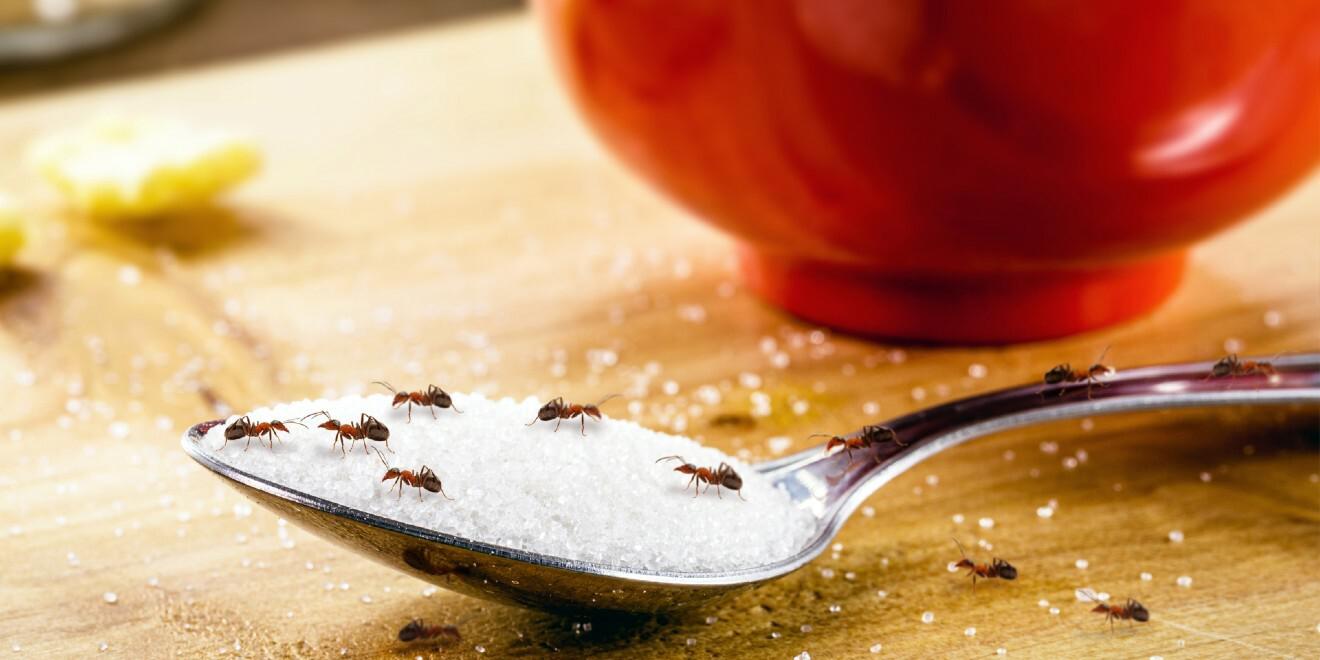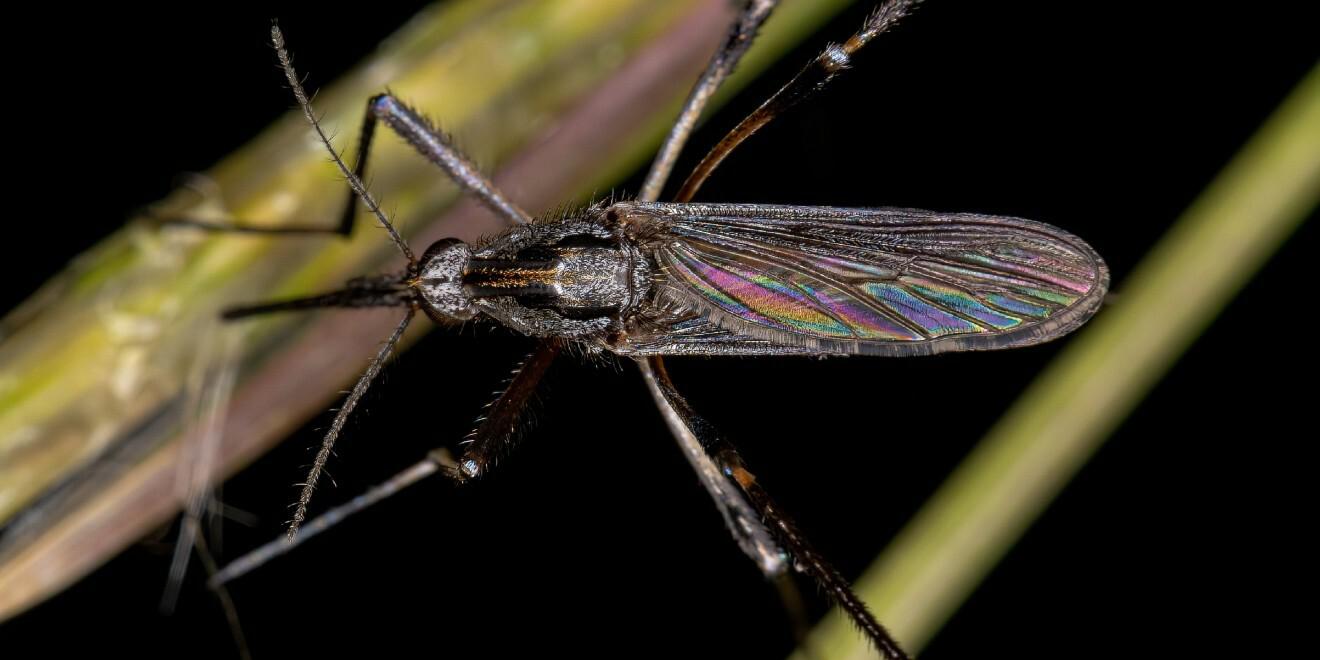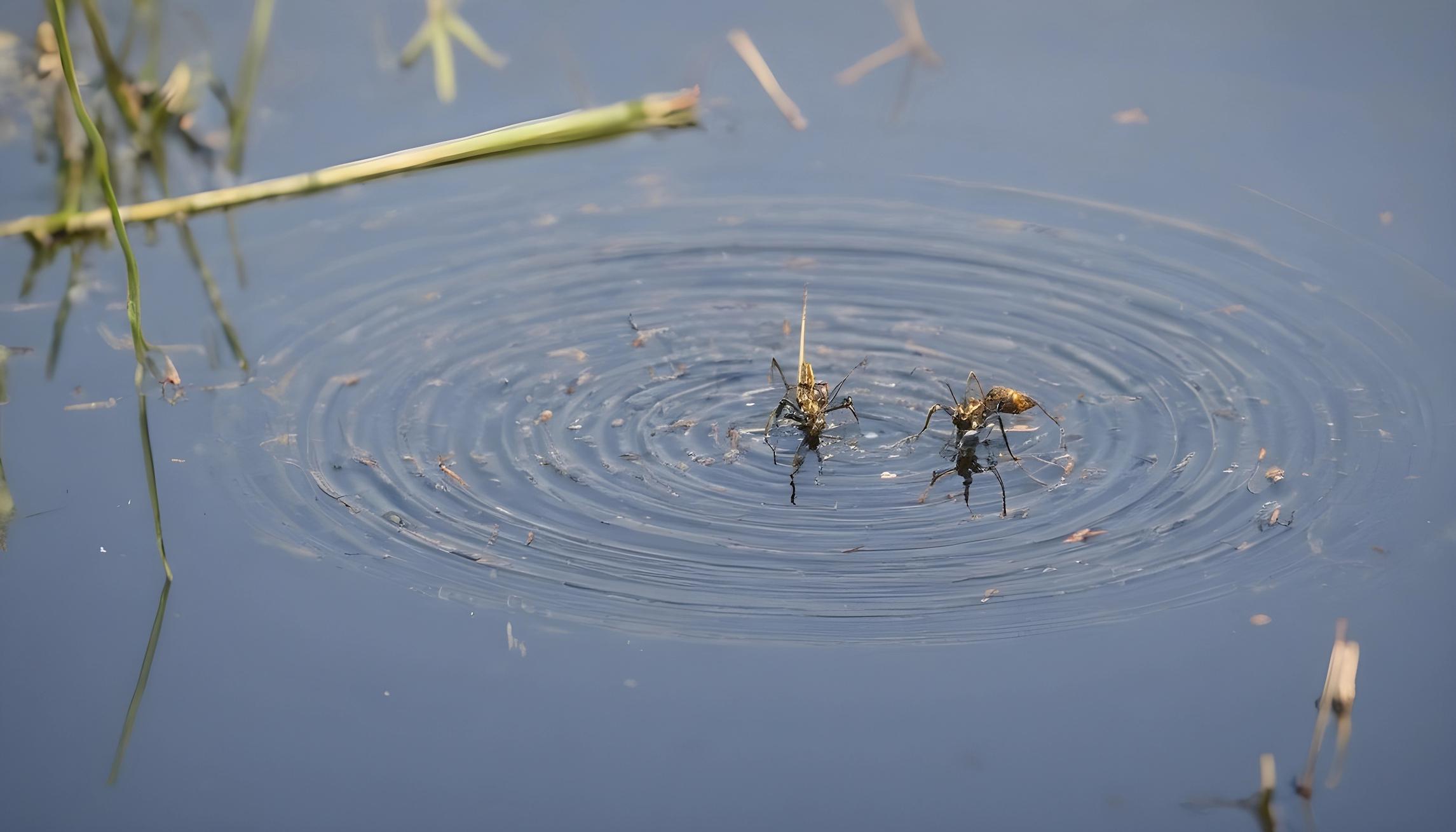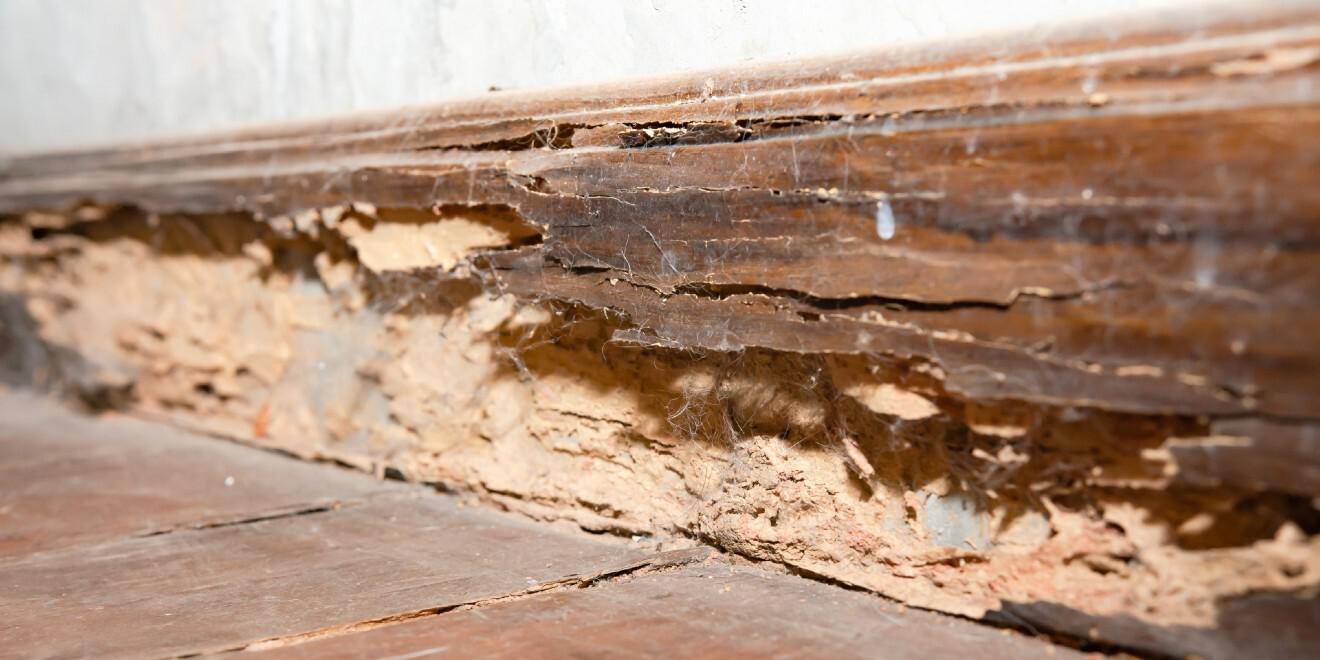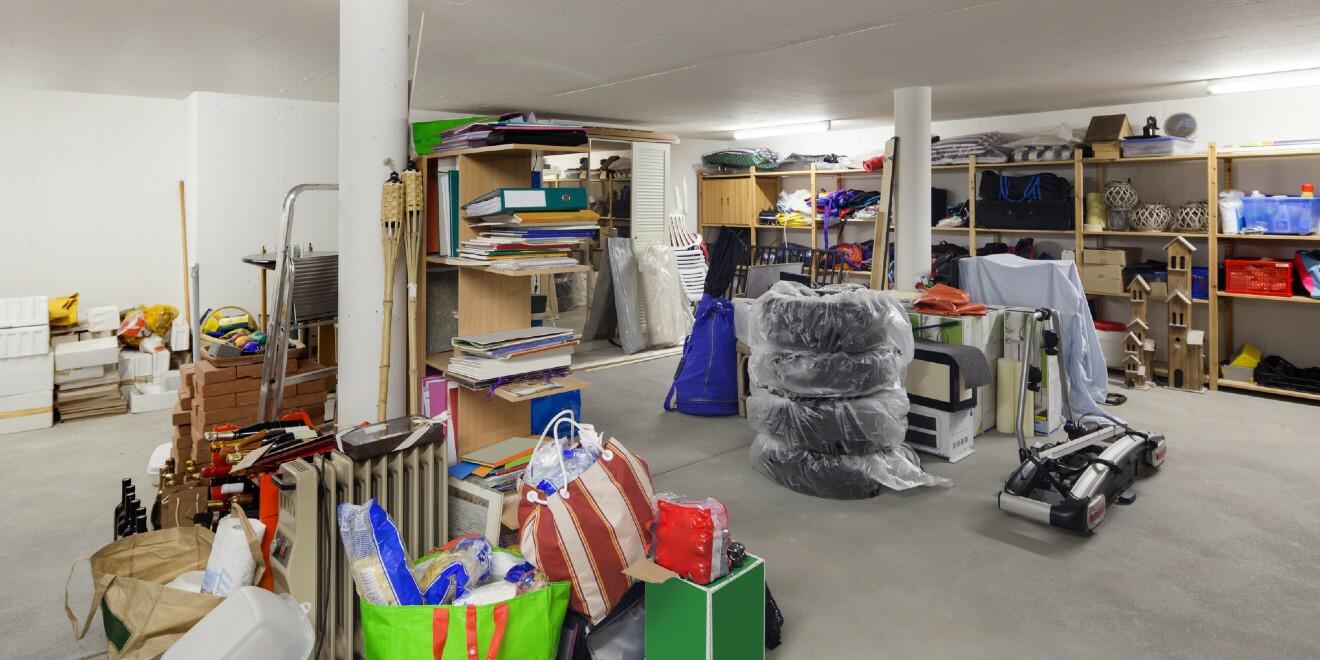Is There a Season for No-See-Ums in Florida?
Posted by Mosquito Squad
December 20, 2023

Even though peak no-see-um season in Florida is said to be March through April, you might see them year-round.
Do you feel like you never stop seeing no-see-ums around your Florida home? Well, there is a high likelihood that you continue to see them, no matter the definition of peak no-see-um season. If you are wondering how to control no-see-ums in your yard, you have come to the right place.
Jacksonville Florida No-See-Um Control is Not Just a Seasonal Affair
Let’s face it. The best time to treat your home exterior, backyard, and business common areas for no-see-ums is whenever you see them. Why? Well, the bad news is that these little buggers seem to be everywhere, all the time, when you least expect to run into a swarm of them. And boy oh boy, does mosquito control Jacksonville know that they are a maddening problem that must be addressed.
Contrary to what you may have read online, we live here in Jacksonville, and we know the truth. No-see-um control does not stop outside of the peak March and April season. And though it’s rare, a no-see-um bite can result in disease transmission.
It’s an all too familiar problem here. These tiny little mosquito-like nuisances can seem to swarm around you, especially in areas close to the marsh or the beach. They are also known as blind mosquitoes because they buzz around you just the same as any other mosquito, they just don’t bite as much. But they do bite. So while no-see-ums may not leave you itching days later, they still are likely to drive you back indoors.
For more on the topic, mosquito control Jacksonville wants you to know this; no-see-ums can transmit disease, although it is rare. The disease is called Bartonella bacilliformis or Carrion’s disease. The Centers for Disease Control say that it only exists in the higher elevations of South America, however. But let’s face it, as we now well know, vector-borne diseases can travel.
We had a client who recently shared with us that her child became ill from a no-see-um bite. The symptoms of Bartonella come in two phases. First comes fever, headache, muscle aches, abdominal aches, and anemia, this phase is called Oroya fever.
Next, come lesions that appear under the skin as nodular growths. They are red and purple bubbles throughout the skin that are prone to ulceration and bleeding. For people with a compromised immune system, there is the possibility of two other complications: Bacillary angiomatosis, which causes lesions on skin, tissue, bone, and other organs and Subacute endocarditis, which is an infection of the heart valve. Bartonella is treated with antibiotics and can be fatal if it goes untreated. The bacterium can also be persistent and resurface over time, long after a bite from that no-see-um.
How to Begin Your Jacksonville Florida No-See-Um Control Regimen
Now that you know the reality of the situation, be smart, stay alert, and keep protected with the professionals at mosquito control Jacksonville.
Peak no-see-um season calls for peak no-see-um control and protection! Call on Mosquito Squad of Northeast Florida to knock down no-see-ums on your property.
With the help of Mosquito Squad of Northeast Florida, you’ll never have to worry about no-see-um control around your home again. Our no-see-um control barrier treatment attacks them at their source, drastically reducing their presence around your home.
At Mosquito Squad in Jacksonville, we’ve developed a proprietary treatment formula to combat our no-see-um problem that is not dangerous for humans and pets but is devastating for no-see-um populations. When you call our team, we’ll send someone to your home to develop a strategy that’s tailored to your home’s needs. We’ll identify areas that no-see-ums will thrive in and attack them at their source. Then, we’ll apply a protective barrier around your home that continues to keep pests out. Comprehensive and proactive control. That’s the ticket.
Call on Mosquito Squad of Northeast Florida for effective no-see-um control Jacksonville. Get in touch with us at (904) 844-0816.










